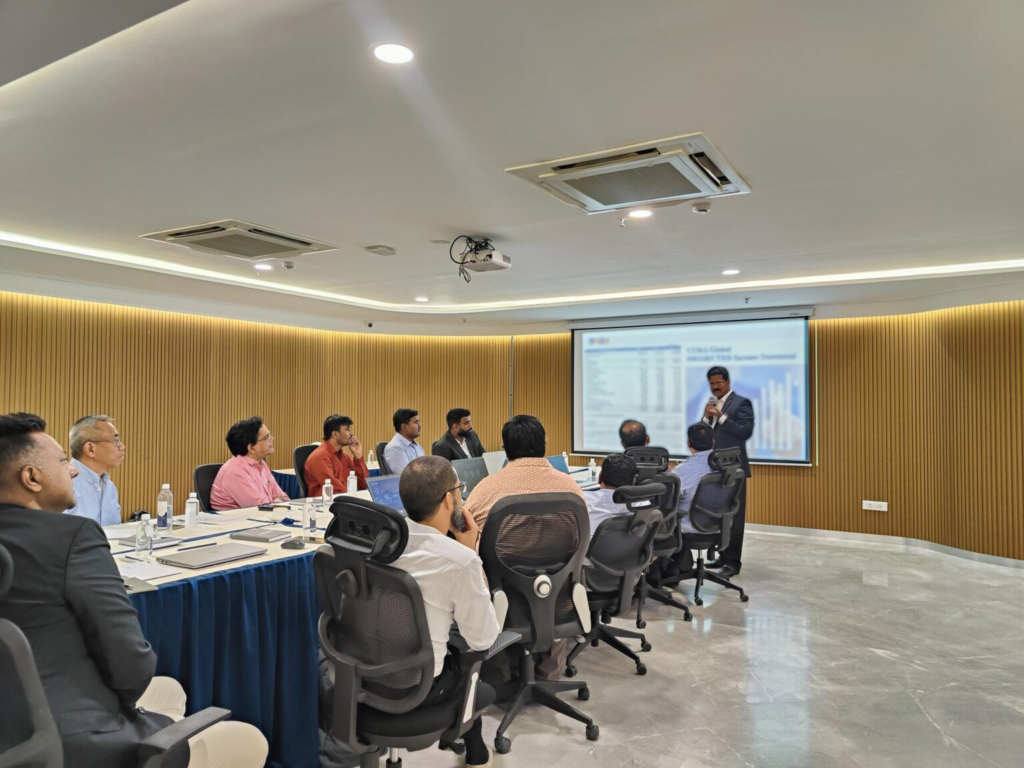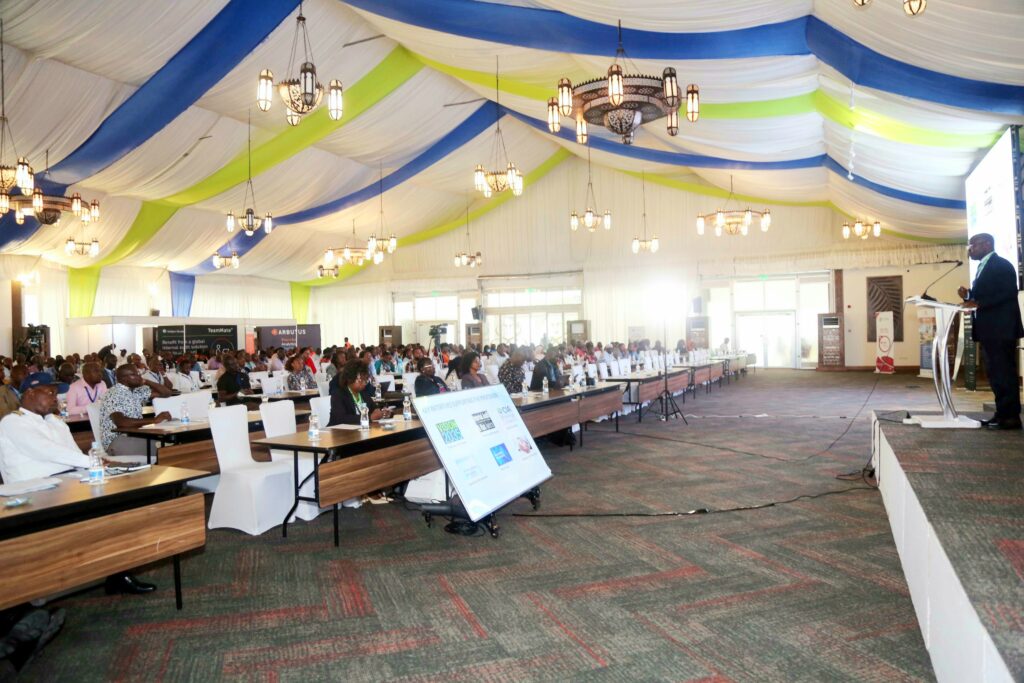According to the Pew Research Centre, millennials have surpassed all other generations as the largest portion of the global workforce. This fact may be met with trepidation and discomfort from some Generation Xers (or baby boomers, as they are commonly known), who often assume millennials to be entitled, tough to manage, narcissistic, self-interested and an affront to the work ethic that is characteristic of the X generation (Gen-X). What do notoriously lazy job-hoppers have to offer the structured world of corporate? Accommodating a generational workforce whose values differ greatly from their predecessors is risky business, but not for the reasons you might think.
According to Alex Roberts, CURA’s Regional Director of Sales and Operations, organisations run the risk of alienating their future leaders if they do not adapt their thinking to prioritise Generation Y (Gen-Y). He explains that the rise of millennial leadership is not something that can should be merely tolerated: it is an inevitability that this generation is the future of our companies.
“The reality is that baby boomers are starting to retire, creating a power vacuum that can only be filled by millennials. We also need to consider that millennials are getting older – with the oldest members of the generation entering their mid-30s – and with age, they’re growing to be more experienced,” says Roberts. “Even now, millennials currently hold about 20 percent of all leadership roles, and this is set to grow exponentially. This growth should be embraced, rather than resisted, as millennial leaders promise to prioritise values, ethics, flexibility, and feedback through their strong convictions.”
As such, it is essential for organisations to not only accommodate the preferences of millennials, but promote and maintain a company culture that allows them to flourish. “The negative preconceived notions that some hold about this generation are often unsubstantiated, misguided and incorrect, and an attempt to understand how to maximise millennial efficacy can amplify the company’s productivity,” says Roberts. The effective incorporation of Gen-Ys is intrinsic to an organisation’s success, as the value this group adds to their workplace far outweighs their preconceived shortcomings. “For instance, one benefit of Gen-Y’s education system is that there is an increased emphasis on teamwork and group projects. As teamwork has always been a natural function to completing tasks, a millennial’s strength lies in collaboration,” he adds.
Further to this, millennials feel strongly about diversity and inclusion, and take politics, ethics and philosophy very seriously. Pew’s research shows that millennials account for more people who identify as multiracial than any other generation. As this is the most diverse generation we’ve ever seen, millennials value – and are most willing to stick with – companies that have diverse management teams and flexible work environments, according to a survey by Deloitte. Taking advantage of this means building a dynamic leadership team and staff, in addition to seeking out diverse clients.
A close affinity with the digital world is one of the defining characteristics of the millennial generation, and arguably their most valuable contribution. Millennials are the first generation to grow up with the internet as an everyday part of their lives, and expect instant access to information. They are the first to embrace and take advantage of technology that connects people electronically, therefore this experience and knowledge can help expand communication both internally and externally within a firm.
As the professional landscape changes, organisational success is largely dependent on developing a reciprocal relationship between generations. While millennials have a substantial amount to teach baby boomers, they also have a lot to learn. The millennial generation grew up impatient, as advances in technology have facilitated instant gratification. Their personal success is hinged on their desire to climb the corporate ladder as quickly as possible – which is seldom realistic – so the onus is on companies to impart essential skills and pace their millennial employees to ensure their readiness for career advancement.
Roberts concludes that resistance to change means resistance to progress, and this leads to stagnation. “Ultimately, the risk that millennials bring to the workplace is not that they lower the bar – in fact, their commitment to technological advancement, purpose-driven work, flexibility, inclusion and diversity raises it. The real danger that organisations face is inflexibility, lack of agility and and unwillingness to embrace the revolutionary changes that millennials have to offer”
Source: https://bit.ly/2WzdPIe











